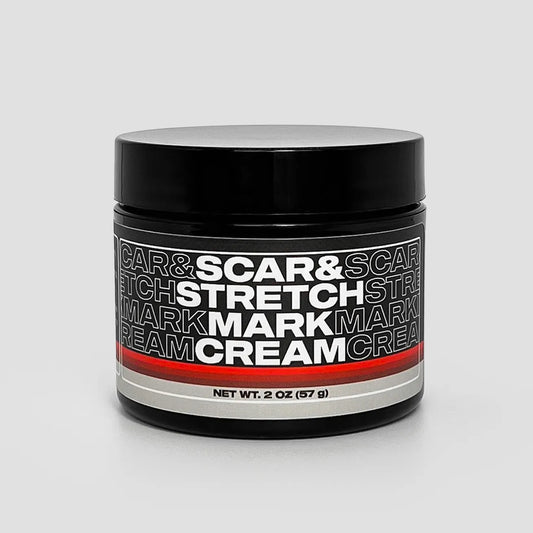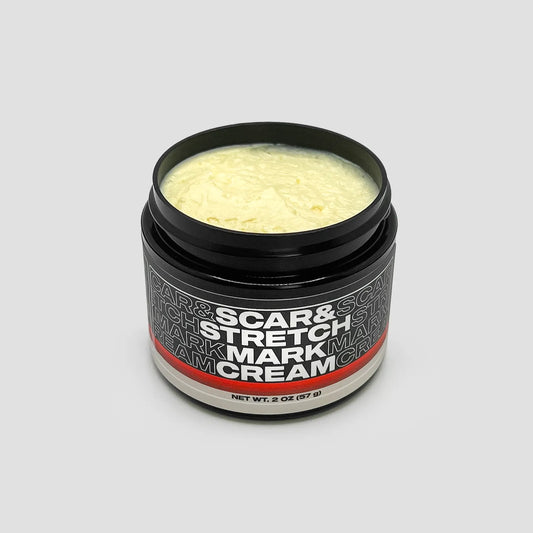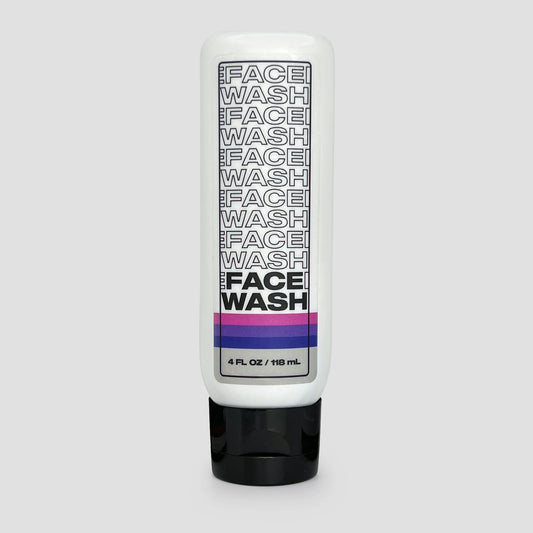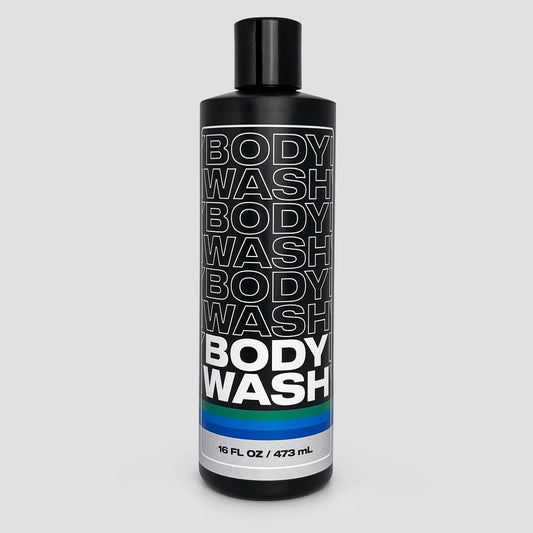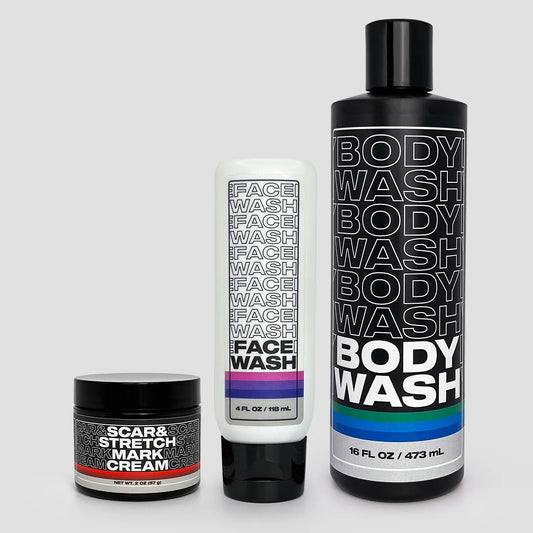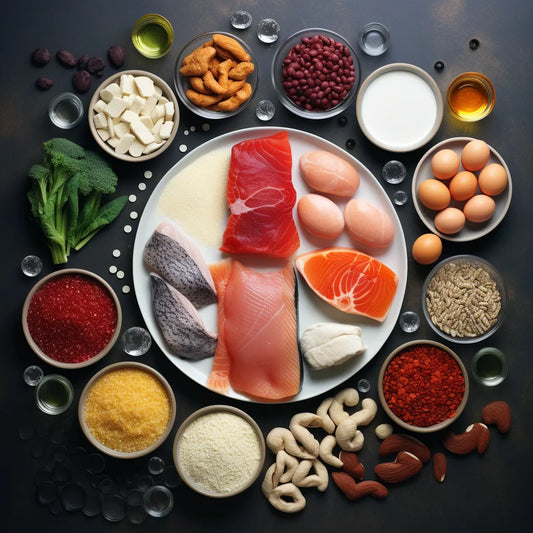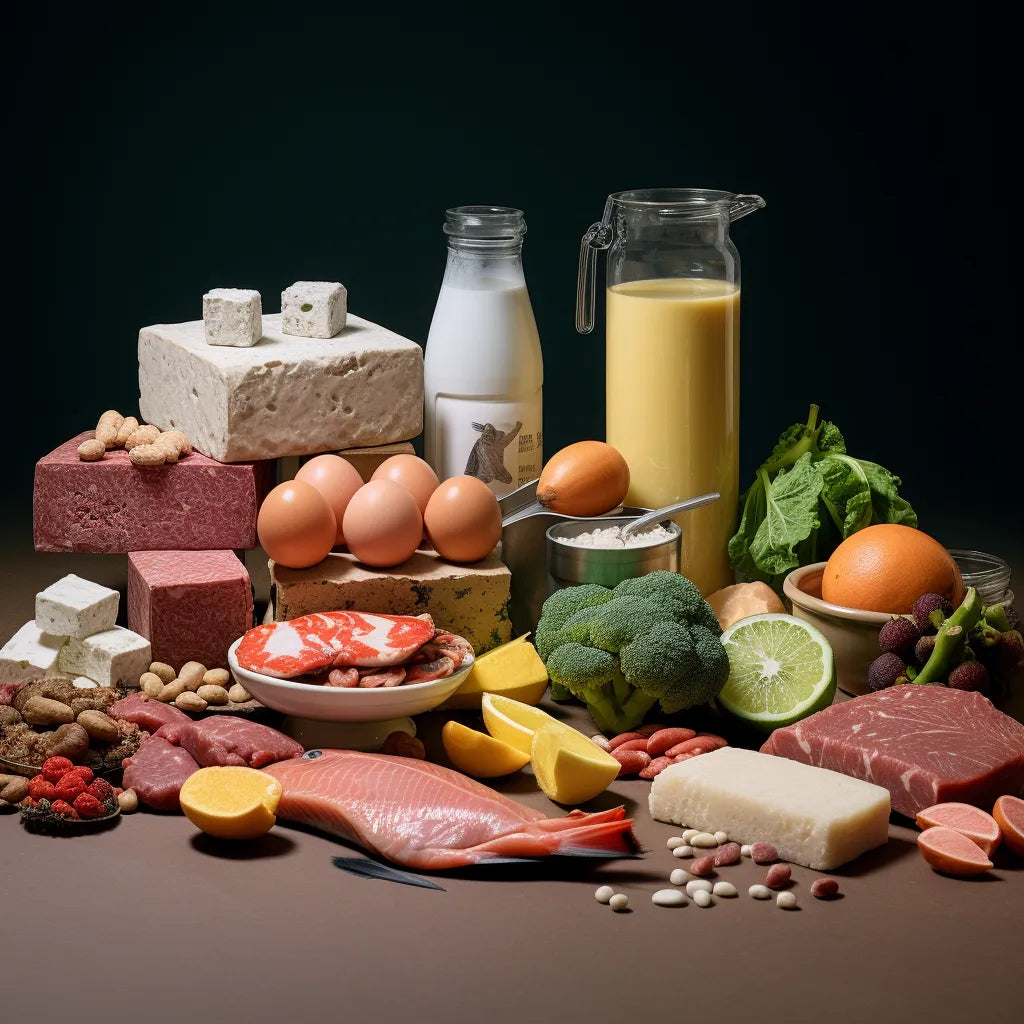

Ever found yourself stranded in the protein powder aisle, trying to decipher the difference between isolate protein and plant protein? You're not alone. With an extensive influx of fitness and health information available, making the right choice can feel overwhelming.
Whether you're an athlete, bodybuilder, or simply a guy pounding the gym pavement in hopes of a healthier life, knowing the right type of protein your body needs can make all the difference.
And that's where we come in. Today, we're going to break down the difference between isolate protein and plant protein. But don't worry, we won't be throwing scientific jargon that's harder to understand than perfecting your deadlift technique.
By the end of this article, you'll gain a clear understanding of both proteins, allowing you to make an informed decision that will not only aid your diet but also your overall fitness journey.
What is Isolate Protein?
Isolate protein, or more commonly known as whey isolate, is a derivative of milk. It is processed to remove fats and lactose, resulting in a lean protein source. This makes it a great option for those aiming for a low-carb diet. It has a high bioavailability which means it is easily absorbed and utilized by the body, making it a popular choice amongst athletes for post-workout recovery.
How is Plant Protein different?
Plant protein, as the name suggests, originates from plants. Ingredients like peas, hemp, brown rice, and more are processed to extract protein. Being a natural source, it's rich in fiber and essential nutrients. The lack of lactose or any animal product makes it a favorite among vegans and those with specific dietary restrictions.
Understanding Your Protein: A Comparison Guide
Knowing the basics of protein types is good, but understanding their comparison will let you make an informed choice based on your fitness goals.
1. Comparison Criterion: Protein Content
Typically, whey isolate tends to have a higher protein content compared to most plant proteins. However, there's minimal difference in the protein content if you look at the serving size.
2. Comparison Criterion: Digestibility
Isolate protein is rapidly absorbed, making it great for muscle recovery post-workout. Plant protein takes longer for your body to process, which can be beneficial to feel fuller for a longer time.
3. Comparison Criterion: Nutritional Value
While whey isolate offers more protein per serving, plant protein often provides extra nutrients like fiber and various minerals and vitamins.
Should I opt for Isolate Protein or Plant Protein?
It depends on your dietary needs, lifestyle, and fitness goals. For instance, if you are lactose intolerant or vegan, plant protein would be your go-to. However, if your primary objective is muscle recovery and you don’t have any dietary restrictions, isolate protein might be the better option. Always remember, meeting your protein goals from whole foods should be a priority. Supplements should be used to fill the gaps.
Are there any side effects to consuming protein supplements?
Protein forms an essential part of our diet and is generally safe to consume. However, excessive protein intake can possibly strain the kidneys and liver. Also, some may experience digestion related side effects as the body adjusts to increased protein levels. It’s always best to consult with a healthcare provider or certified nutritionist before beginning any dietary supplement regimen. Here're some resources from Mayo Clinic and National Library of Medicine for more insights.
Unmasking Protein Powders: Decoding Nutritional Labels
Both Isolate and Plant proteins have their share of pros and cons. It’s not about labeling one as better than the other but understanding your own health goals and dietary requirements.
Key Takeaways for Your Fitness Journey
- Isolate protein is derived from milk, has a higher protein content, and is quickly absorbed by the body.
- Plant protein originates from different plant sources, is packed with nutrients, and is suitable for those with dietary restrictions.
- Your fitness objective, dietary requirements, and lifestyle choice should dictate your selection.
- Consulting with a healthcare provider before initiating any supplement intake is advisable.
Remember, protein supplements are just that – supplements. Prioritize a balanced diet, regular exercise, and adequate rest. And remember, whether it's isolate protein, plant protein, or a blend of both, simply choose the protein that aligns with your fitness goals and dietary needs. Stay strong, gentlemen!
